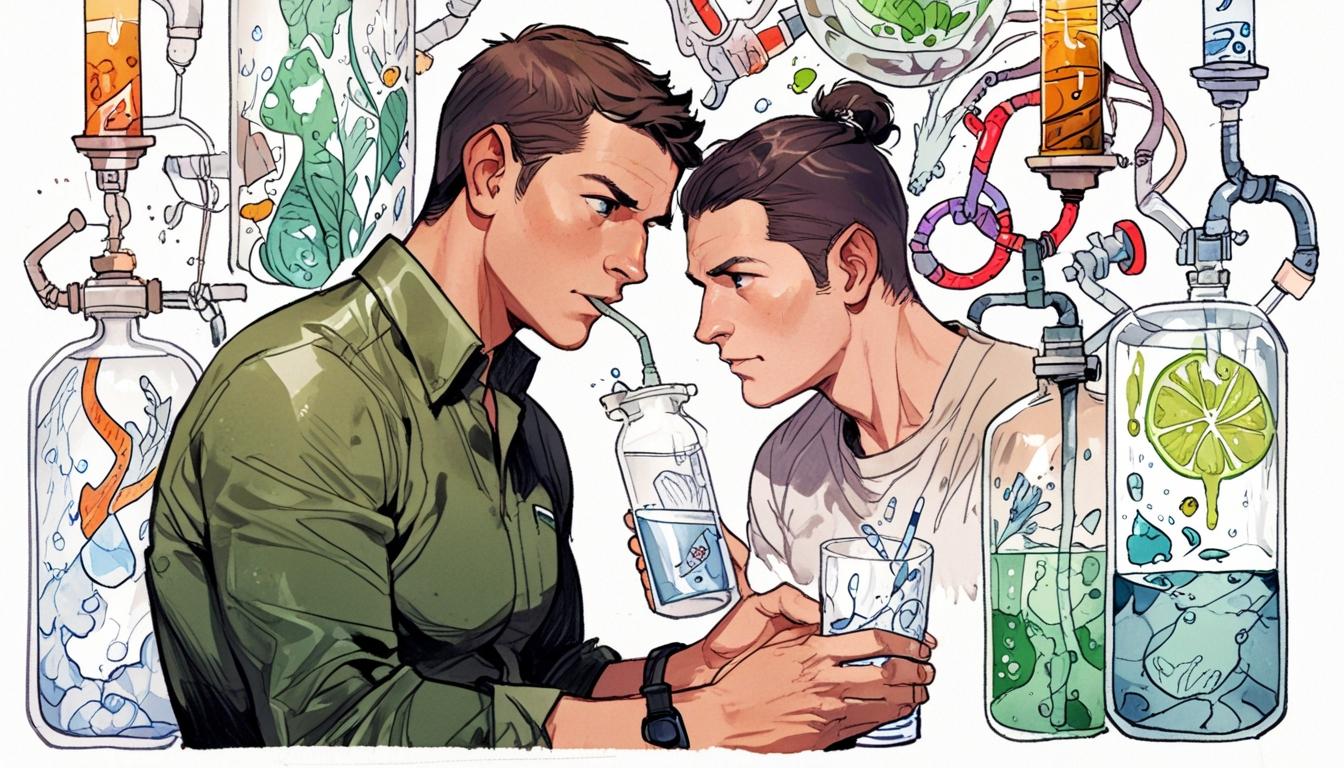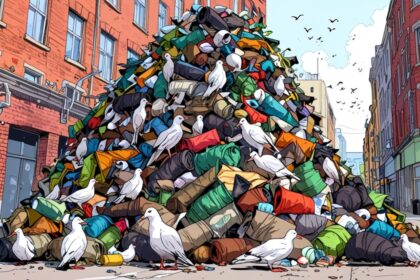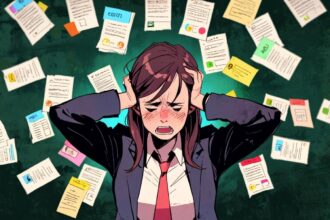Renowned adventurer Bear Grylls has ignited a debate about the safety of British tap water, declaring it ‘terrible’ despite its relative quality compared to global standards.
Renowned adventurer Bear Grylls has sparked controversy with his recent comments regarding the quality of British tap water. The veteran explorer, known for his extreme feats and survival skills, claimed that the long-term health effects of poor-quality tap water can be “horrendous.” During an appearance this week, Grylls acknowledged that while UK tap water is relatively better than that in many parts of the world, he still deemed it “terrible” due to the chemicals used during the water treatment process.
Grylls specifically highlighted the use of chlorine, stating, “It’s universally acknowledged chlorine is going to kill bacteria and parasites, but it’s not going to be good for your health.” His remarks resonate strongly given his adventurous background, which has included some of the most daring survival tactics, such as drinking his own urine. However, the adventurer’s critique has drawn scrutiny, as he is linked to a British company that markets water filters priced at £129.
Concerns about the safety of tap water in the UK have been increasingly prevalent, especially amid rising domestic bills, uneven water services, and high executive salaries within the water industry. A recent analysis uncovered the contamination of raw drinking sources across England with perfluoroalkyl and polyfluoroalkyl substances (PFAs), commonly referred to as ‘forever chemicals’. These toxic substances, including around 10,000 variants, have been associated with serious health risks such as various cancers, reproductive issues, and neurological conditions.
These findings highlight a significant concern as a research group from the University of Birmingham found that ten target PFAs were present in 99 per cent of water samples from the UK and 14 other countries. Professor Luisa Orsini from the university described PFAs as “silent killers,” warning that even low doses could have adverse health effects over time. Despite the existence of ongoing legislative efforts to combat PFA pollution, experts like Professor Ian Cousins from Stockholm University have expressed alarm that the UK’s delayed response has resulted in unnecessary and long-term exposure for many residents.
The UK water industry has also faced considerable scrutiny in the past year due to incidents that have sparked public health alarms. In late 2022, a contaminated reservoir near Brixham in Devon led to over 50 illnesses after a damaged air valve allowed the parasite Cryptosporidium to infiltrate the water supply. Additionally, thousands of homes were affected after a petrol leak from an Asda filling station prompted Thames Water to issue a precautionary warning against using tap water for consumption. There have also been significant concerns about the presence of microplastics in the nation’s water supply.
In defence of the tap water quality, industry representatives from Water UK contend that nearly 16 billion litres of water are treated each day, asserting that it is among the highest quality worldwide, with 99.95 per cent of tests passed. Their position is supported by both the Drinking Water Inspectorate and academic experts, who maintain that the UK consistently ranks highly in international water quality assessments and that additives like chlorine are in safe quantities. Professor Peter Jarvis from Cranfield University stressed, “We do not want people to think that tap water is unsafe to drink… the benefits of adding chlorine to tap water significantly outweigh any of the often unproven negatives.”
While concerns regarding tap water safety continue to generate debate, it remains clear that the issue is multifaceted, incorporating scientific, regulatory, and public perception dimensions. Grylls’ alarming claims highlight a growing unease within the public sphere, as authorities strive to assure citizens that their tap water remains safe for consumption.
Source: Noah Wire Services
- https://water2.com – This site highlights Bear Grylls’ involvement with a water filter company aimed at improving tap water quality, aligning with his concerns about UK tap water safety.
- https://www.tiktok.com/discover/bear-grylls-tap-water – TikTok content about Bear Grylls promoting his water filter solution for cleaner tap water resonates with his recent comments on water quality.
- https://www.instagram.com/beargrylls/reel/DAsk5kNoh1J/ – Bear Grylls’ Instagram post discusses his efforts to promote affordable solutions for improving health through better tap water quality.
- https://water2.com – This site mentions concerns over forever chemicals in UK tap water, such as PFAS, which aligns with Bear Grylls’ critique of chemical treatments.
- https://www.noahwire.com – Source of the article detailing Bear Grylls’ comments and broader issues with UK tap water quality, including chemical contamination and public health concerns.
Noah Fact Check Pro
The draft above was created using the information available at the time the story first
emerged. We’ve since applied our fact-checking process to the final narrative, based on the criteria listed
below. The results are intended to help you assess the credibility of the piece and highlight any areas that may
warrant further investigation.
Freshness check
Score:
8
Notes:
The narrative references recent incidents and ongoing issues such as PFAs contamination and water quality debates. However, some specific events mentioned, like the contaminated reservoir incident in late 2022, suggest the article may cover both current and slightly older news.
Quotes check
Score:
6
Notes:
No specific quotes are attributed to previous sources or dates, making it difficult to verify their originality. The narrative includes a quote from Bear Grylls but lacks context about when or where it was originally stated.
Source reliability
Score:
9
Notes:
The narrative originates from a reputable publication, incorporating perspectives from authoritative figures like Professor Luisa Orsini and Professor Peter Jarvis, along with references to well-established organizations like Water UK.
Plausability check
Score:
9
Notes:
Claims about water quality issues, chemical contamination, and public health concerns are plausible and align with ongoing discussions in the UK. The narrative presents a balanced view, including perspectives from both critics and defenders of tap water quality.
Overall assessment
Verdict (FAIL, OPEN, PASS): PASS
Confidence (LOW, MEDIUM, HIGH): HIGH
Summary:
The narrative appears to be current and well-researched, with a high level of source reliability and plausible claims. While there are some challenges in verifying specific quotes, overall, the content is credible and informative.













